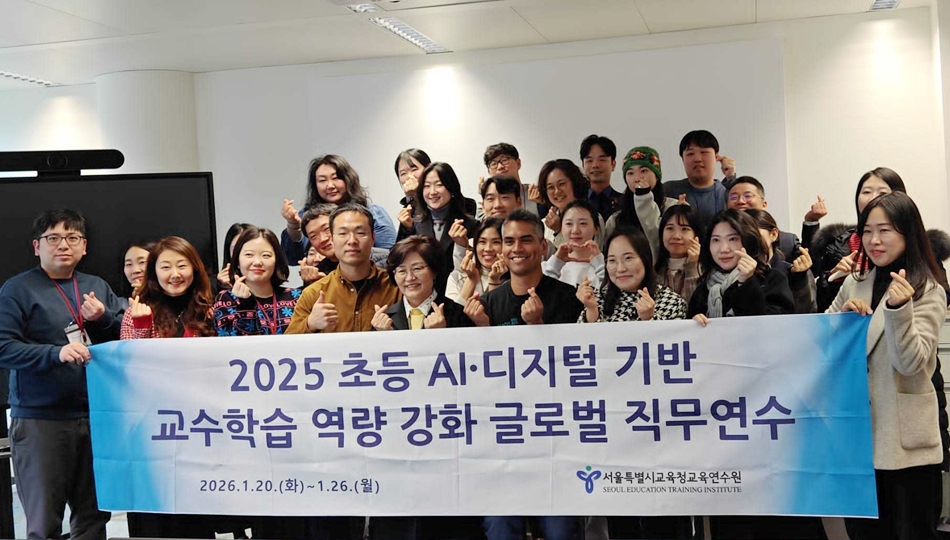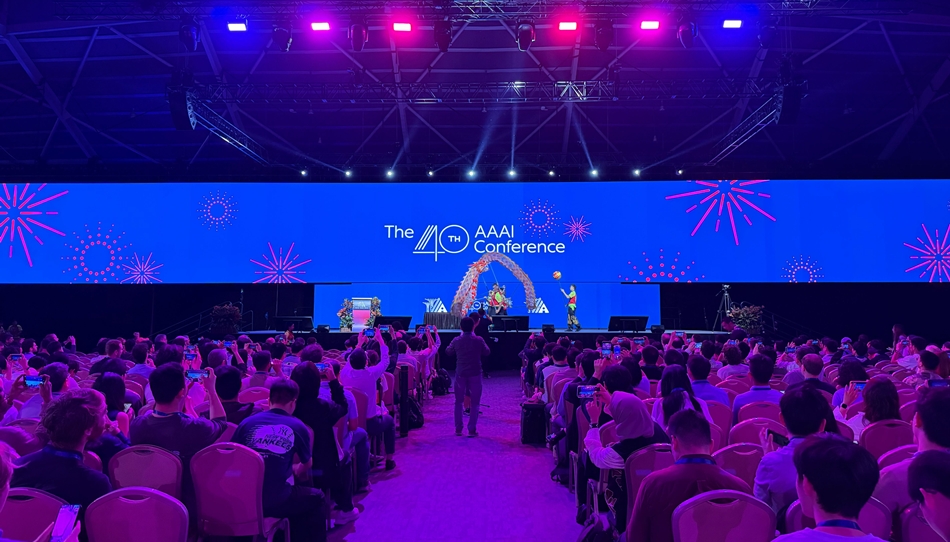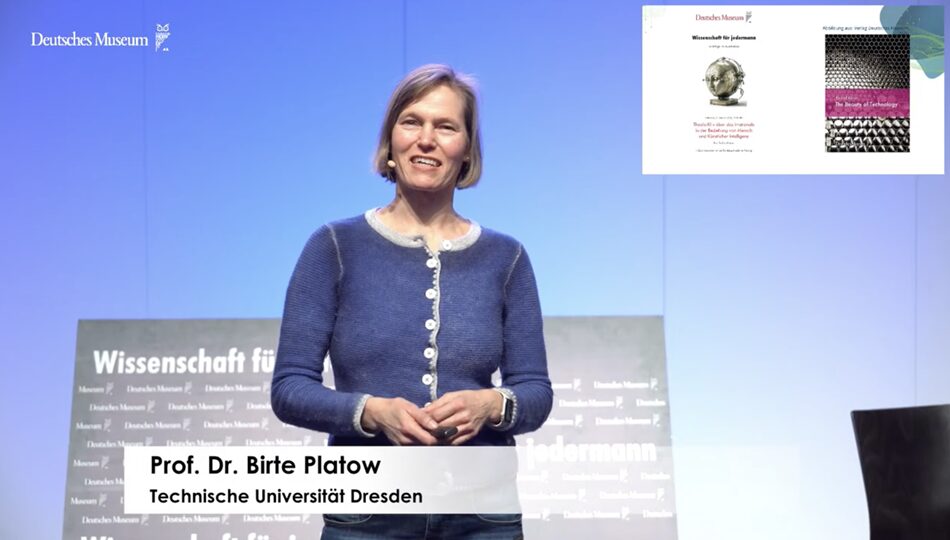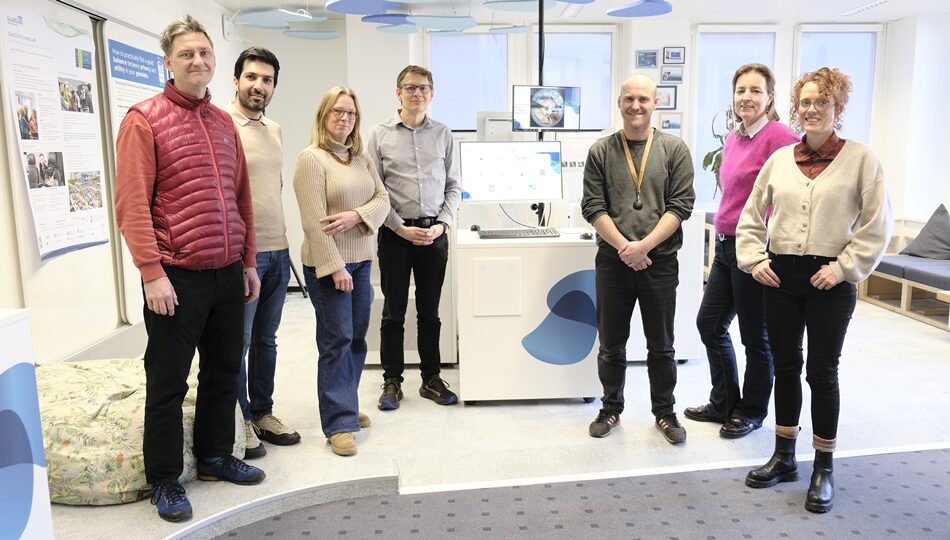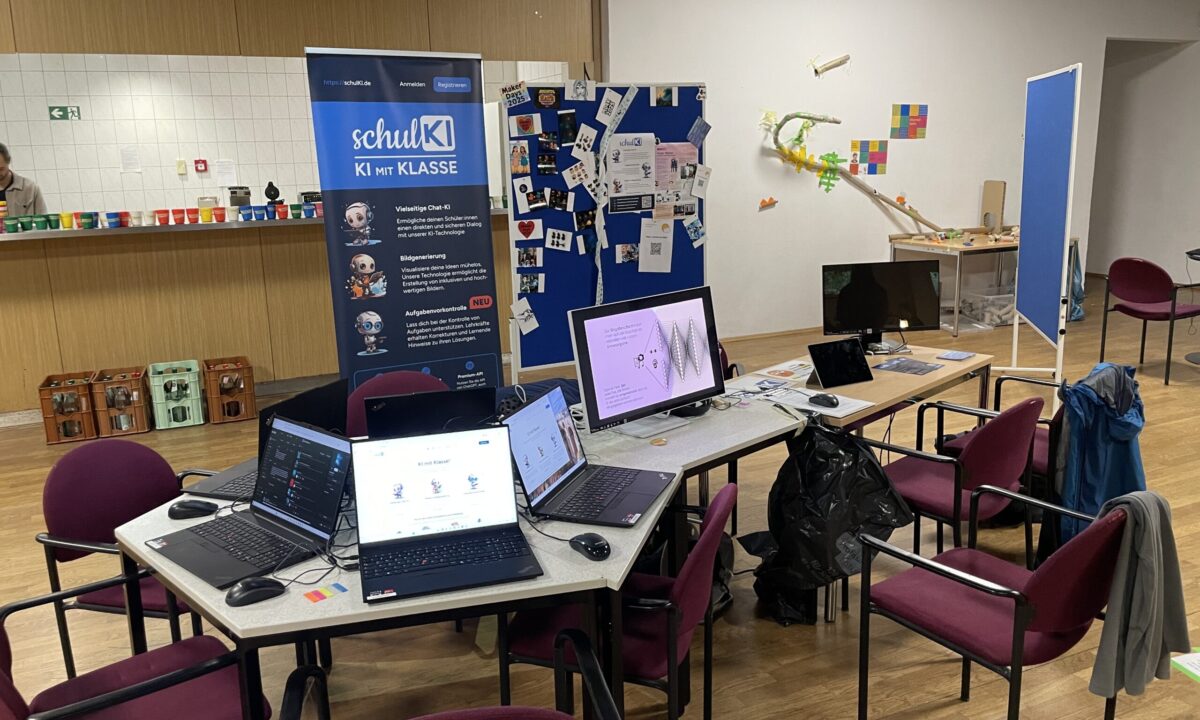
October 22, 2025
Maker Days for Kids 2025 – KI-Werkstatt

From October 14–17, the Völkerfreundschaft in Leipzig-Grünau hosted the Maker Days for Kids (MD4K), a four-day program of twelve hands-on workshops for children aged 10-14. As part of the Maker Days for Kids, the KI-Werkstatt, organised by the ScaDS.AI Dresden/Leipzig Living Lab, enabled children to progress from idea to multimodal output, teaching them the technical background and instilling basic critical awareness of the capabilities and limits of AI.
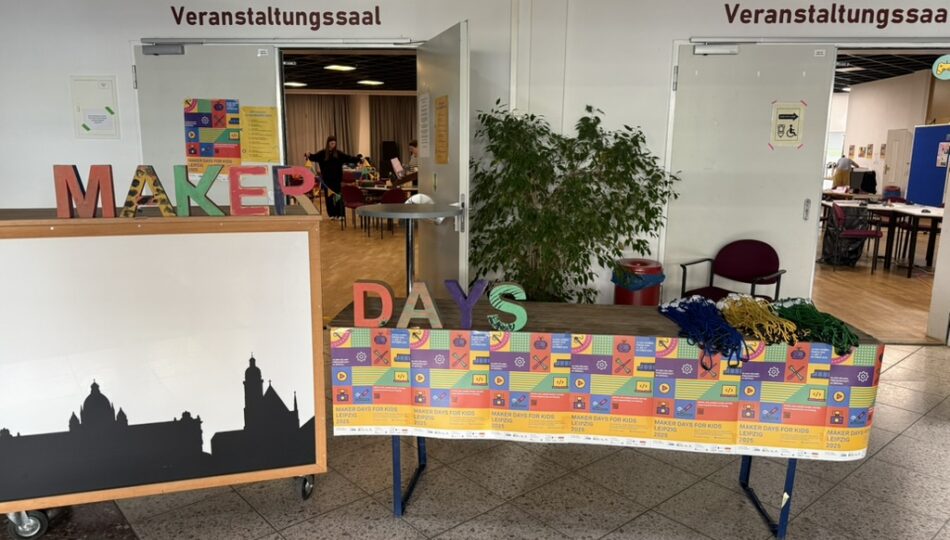
Station purpose and what could be created
The KI‑Werkstatt followed the MD4K template and introduced generative AI as a creative and playful tool. Instructing active making and short cycles of experimentation rather than extended frontal explanation, learners moved through the sequence of idea formulation, iterative prompt development, model execution, output refinement, and cross‑media remixing. A concise slideshow, produced for the workshop, communicated technological fundamentals and framed age‑appropriate ethical topics for subsequent reflection and discussion.
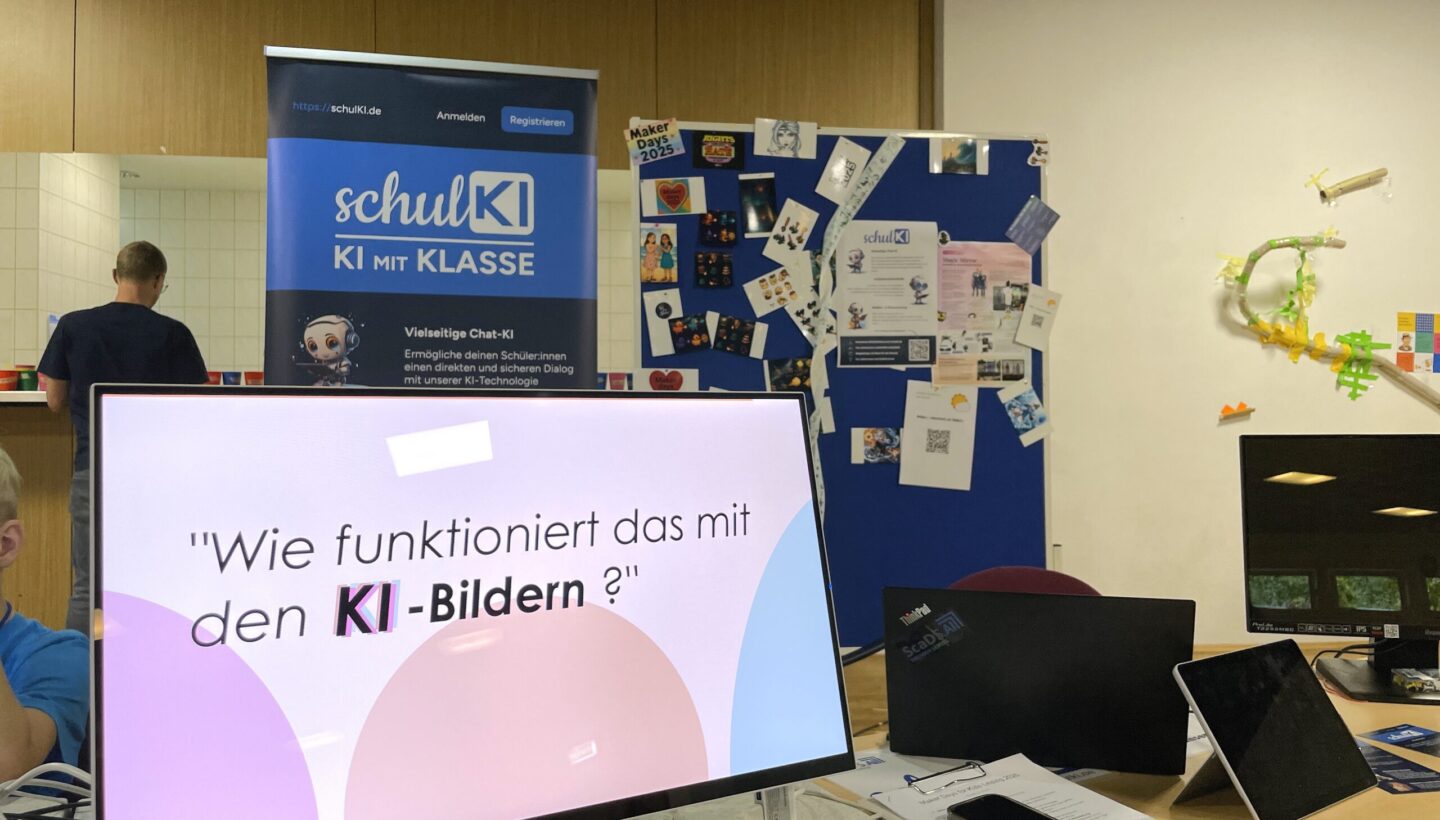
Tools, Platform and Data Safety
This year, the workshop used the schulKI platform as the consolidated classroom interface. schulKI is a Germany-based and teacher-founded platform that provides GDPR-compliant AI tools and ready-to-use teaching materials for schools. In particular, preloaded credits and access to text-to-text, text-to-image and text-to-video via API, enabled controlled, EU‑hosted model use without on‑site heavy compute.
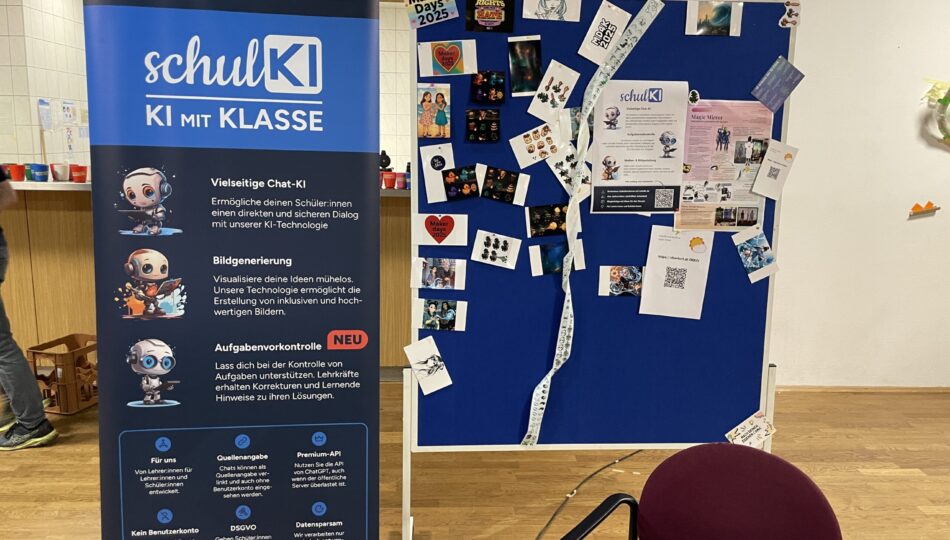
Supplementary to this, the team used a mix of hosted services, like SUNO and MESHY AI, and free Hugging Face spaces for tasks such as audio generation and converting images into 3D assets to enable interoperability with the games and fabrication stations.
Adaptive facilitation and inclusion practice
Rather than rigid tracks, the team enabled and reacted to each child’s level and curiosity in real time, offering low‑barrier entry points (drawing, voice recording) and optional deeper steps (prompt tuning, img to 3D conversion). Each day, different workshop leaders assumed responsibility for guiding the sessions, thereby broadening the range of teaching methods and ensuring that learners benefited from diverse facilitation styles. Afterward, team debriefs indicated self‑distribution of participants across stations and sufficient gender balance for the program without a dedicated single‑gender morning this year.
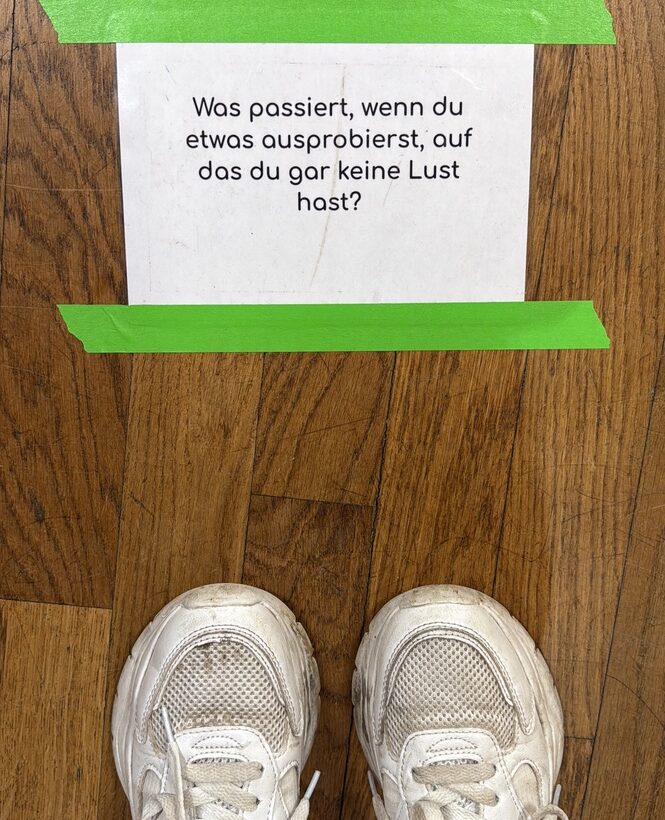
Notable outcomes and memorable moments
Interoperability pipeline: A pixel‑art duck created in the KI‑Werkstatt was converted into a 3D object (imgTo3D), 3D‑printed and later used as a character in a self‑designed game. Particularly, a clear example of cross‑station remixing and creative workflows.
Musical and auditory outputs: multiple groups produced polished jingles and beats that exceeded expectations for the age cohort and demonstrated effective use of audio generation tools.
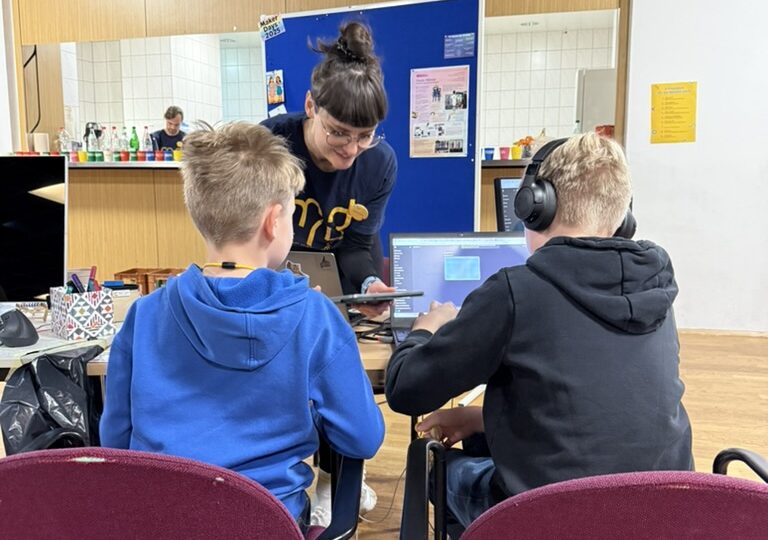
Rapid tool fluency: Kids routinely used dictation and iterative prompt refinement to work around orthographic constraints and to reach expressive results quickly.
Acknowledgements
The KI‑Werkstatt team thanks the schulKI team (notably Julian Dorn), all station leads and volunteers, and the young participants whose creativity and rapid learning formed the four days!

